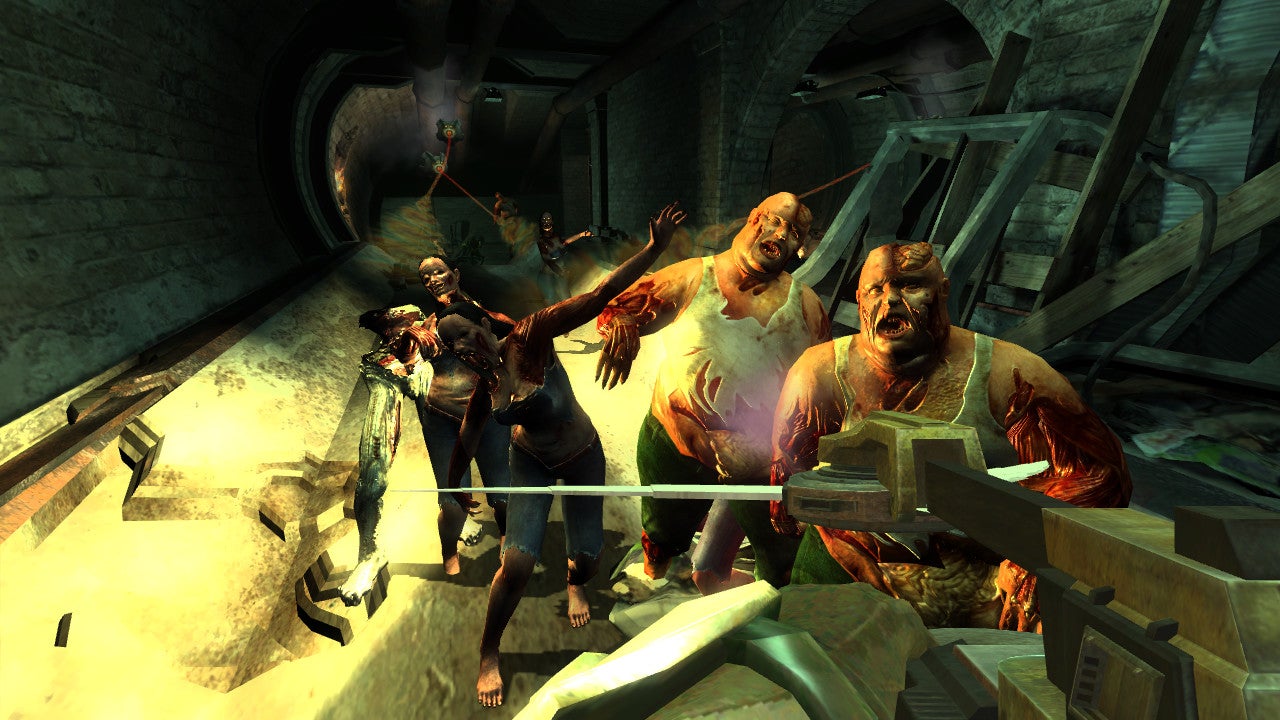Remember Hellgate: London? The dark fantasy action role-playing game came out in 2007 for PC, a year before developer Flagship Studios went bankrupt. Since then, various free-to-play and online revivals have come and gone. Now, 17 years after the release of Hellgate: London, it’s back.Hellgate: London chief creator Bill Roper, via his new studio Lunacy Games, has signed a licensing agreement with HanbitSoft (HanbitSoft acquired the rights to the Hellgate franchise from Namco Bandai in 2020) to create a new AAA Hellgate game, codenamed Hellgate: Redemption. It’s due out at some point for console and PC, and is set in an as-of-yet undisclosed part of the alternate-history, demon-apocalypse world.“I’ve dreamed of returning to the franchise we created back in 2007 for many, many years,” Roper said. “I’ve always felt I had unfinished business with the Hellgate IP, which is why our codename for the project is Hellgate: Redemption.”Hellgate: London launched on PC in 2007, developed by Flagship Studios.Hellgate: Redemption is built on Unreal Engine 5, Roper added. “We’re keeping core gameplay and lore elements of Hellgate: London in our current design, but our intent is to build an exciting new experience that takes advantage of the numerous advances the industry has seen over the past 17 years since the original game launched.”Here is an overview of the original game, via Lunacy Games:Hellgate: London is an influential game that was ahead of its time in numerous ways. It pioneered the Looter Shooter genre, featuring randomly generated levels that demanded a proprietary 3D engine with real-time lighting support, and employed a business model that was unique at the time, now widely recognized as a Battle Pass. That era of gaming even required the formation of a second company to build and operate the online portion of Hellgate: London.Flagship Studios was founded in 2003 by Bill Roper along with Max Schaefer, Erich Schaefer, and David Brevik, several developers who worked on Blizzard’s Diablo. Hellgate: London was hotly anticipated, but it launched with various bugs that caused the game to crash. Roper later admitted the game was too ambitious and should have narrowed its focus.Wesley is the UK News Editor for IGN. Find him on Twitter at @wyp100. You can reach Wesley at wesley_yinpoole@ign.com or confidentially at wyp100@proton.me.
Source link
17 Years Later, Hellgate: London Makes Surprise Return With New Game From Original Developer


